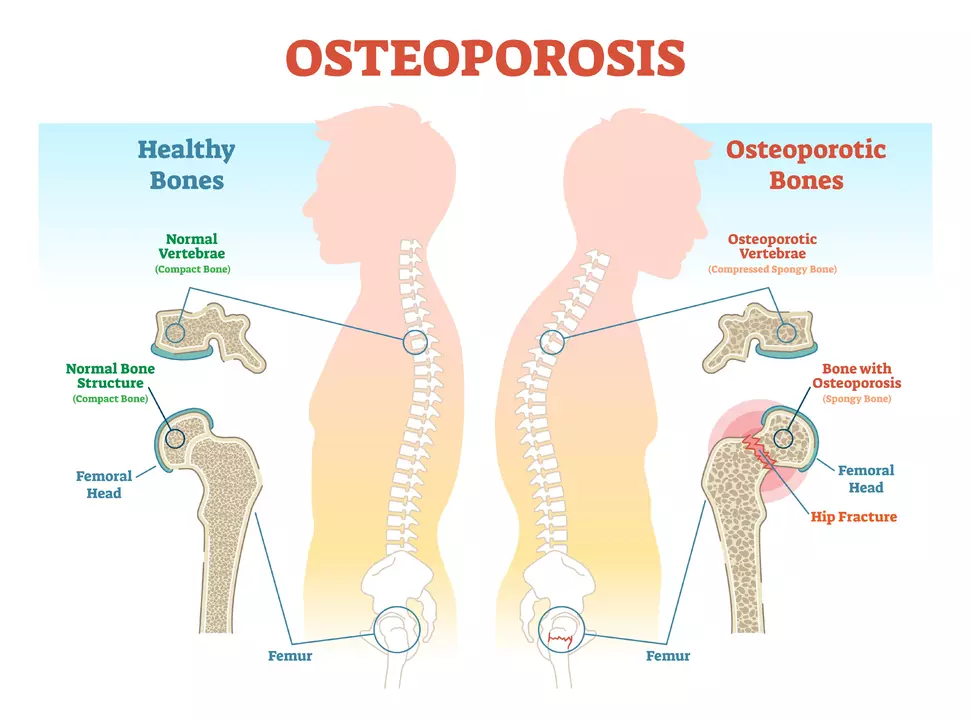Bone Health Essentials: How to Keep Your Bones Strong (2025)
If you think bones are just hard stuff inside you, think again. They’re living tissue that needs food, movement, and the right meds to stay strong. Below are practical steps you can start today to protect your skeleton.
Everyday Habits for Strong Bones
First off, load up on calcium. Milk, yogurt, cheese, leafy greens like kale, and fortified plant milks all deliver the mineral. Aim for about 1,000 mg a day if you’re under 50, and 1,200 mg after that.
Vitamin D is the sidekick that helps your body absorb calcium. Sunlight on your skin for 10‑15 minutes a few times a week does the trick for many people. If you live in a cloudy climate or stay indoors, a daily supplement of 800–1,000 IU works well.
Weight‑bearing exercise is another bone booster. Think walking, jogging, dancing, or simple stair climbs. Even body‑weight squats and lunges count. Try to move for at least 30 minutes most days – your bones will thank you.
Avoid habits that weaken bone tissue. Smoking cuts off blood flow, and heavy drinking (more than three drinks a day) can leach calcium from the skeleton. Cutting back on soda and caffeine also helps keep calcium where it belongs.
Supplements & Medications to Consider
When diet isn’t enough, a calcium supplement can fill the gap. Look for calcium carbonate or citrate; both work well, but citrate is easier on the stomach if you take it without food.
If vitamin D levels are low, a simple D3 pill (1,000–2,000 IU) is safe and effective. Check with your doctor before you start, especially if you have kidney issues.
For people at high risk of osteoporosis – post‑menopausal women, older men, or anyone on long‑term steroids – doctors may prescribe medications like bisphosphonates (Alendronate, Risedronate) or newer options such as Denosumab. These drugs slow bone loss and can even rebuild density when used correctly.
Always discuss any new supplement or prescription with a healthcare professional. Interaction with other meds, especially blood thinners or thyroid pills, is possible.
Staying on top of bone health isn’t a one‑time thing. Regular check‑ups, bone density scans if you’re over 60, and adjusting your plan as you age keep you ahead of fractures and pain.
Remember, strong bones start with everyday choices – a glass of milk, a walk around the block, and a quick chat with your pharmacist about the right supplement. Keep these habits consistent, and you’ll give your skeleton the support it deserves.
As a blogger, I recently came across an interesting topic linking Amlodipine, a common medication for high blood pressure, to Osteoporosis. Upon researching, I discovered that some studies have suggested a potential connection between Amlodipine and an increased risk of Osteoporosis. However, it is important to note that the evidence is not yet conclusive, and more research is needed to fully understand the relationship between this medication and bone health. In the meantime, it's crucial for individuals taking Amlodipine to maintain a healthy lifestyle, including proper nutrition and exercise, to support their overall bone health. Remember to always consult your doctor before making any changes to your medication or lifestyle.


 Medications
Medications